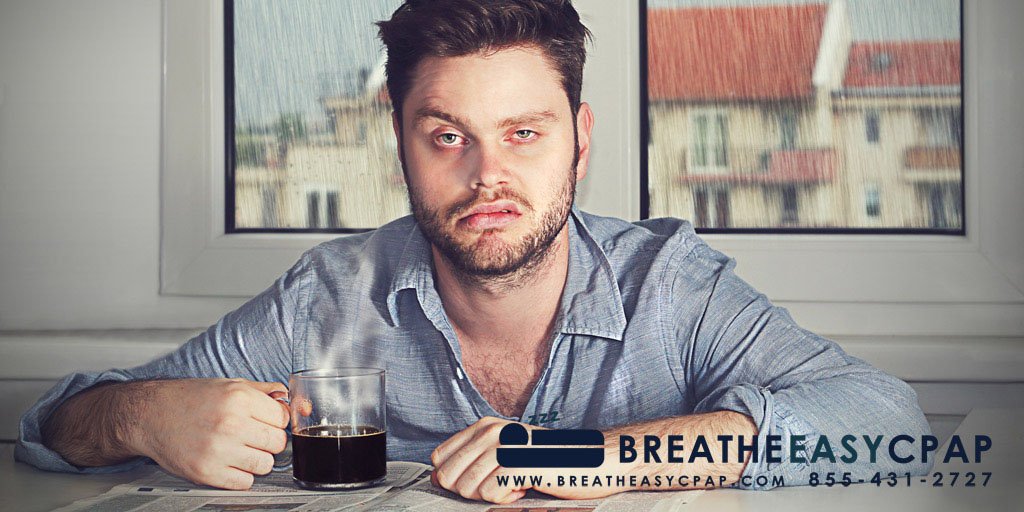Have you ever woken in the morning to a bed full of crumbs? Have you found food stuffs half eaten or in strange places in your home? If your answer is “yes” to either of these questions, you may be sleep eating, a condition similar to sleep walking. Sleep eating can be a humiliating discovery, especially if you’ve been leaving the kitchen a mess or eating your roommate’s food. Often, your family will make light of your strange nocturnal habits, but if you’re gaining weight or feeling like your night eating is out of control, it may be time to take the issue seriously.
Is Sleep Eating Dangerous?
On top of leading to weight gain, sleep eating can be dangerous. Sleep eaters may injure themselves while cooking on a hot stove or dicing onions in their sleep. Other risks include eating harmful objects such as cleaning solutions or cigarettes. Sleep eating can also cause long term damage on to of the immediate physical danger. As a sleep eater, you’re more likely to develop Type 2 Diabetes and cognitive difficulties in the morning as a result of multiple wakings in the night.
What Causes Sleep Eating?
Nocturnal Eating Syndrome, or sleep eating, is a medical condition with no exact cause but with many known contributors. Women are a bit more likely than men to become sleep eaters, as are individuals with other sleep disorders such as sleep apnea. Chronic dieters, alcoholics, and drug addicts are also at a greater risk of developing habitual sleep eating. The best way to start managing your sleep related eating is by seeing a doctor to rule out any underlying causes.
How Is Sleep Eating Treated?
Medical professionals agree that your sleep eating should never be treated with sleeping medications. These medications may increase your level of confusion during the night and increase your likelihood of injury while you’re in your “working” in kitchen. Some sleeping medications have also been known to cause sleep eating, an issue your health care practitioner will surely investigate.
Some research suggests that certain medications, such as topiramate, can improve episodes of sleep eating in most people. A clinical trial showed an improvement of sleep eating and even some weight loss with this treatment option.
If sleep apnea is influencing your sleep eating habit, treating this sleep related breathing disorder might help. CPAP therapy, or continuous positive airway pressure therapy, may improve your sleep in many facets, including reducing episodes night wakings.
Talk to Your Doctor About Treating Your Sleep Eating
Even if you’re just an occasional sleep eater, discuss the episodes you’ve experienced with your doctor. They may find a solution or a problem you haven’t thought of yet. They can point you in the direction of a solution if sleep eating is becoming a bigger problem than you may have realized.
If your doctor believes you might be suffering from sleep apnea, you’ll likely be prescribed treatment via a CPAP machine and sleep apnea mask. Your health care practitioner may have suggestions for CPAP supply retailers like Breatheeasycpap.com or local storefronts where you can try on a few masks.
No matter the cause of your sleep eating, don’t delay treatment if your physician believes it’s necessary. Your health is important. It’s time to put your sleeping troubles to bed.

